Freedom of cultural expression was the rallying call of an arts group formed in 1925 and led by Liam O’Flaherty and Cecil Salkeld, as Brian Trench recalls
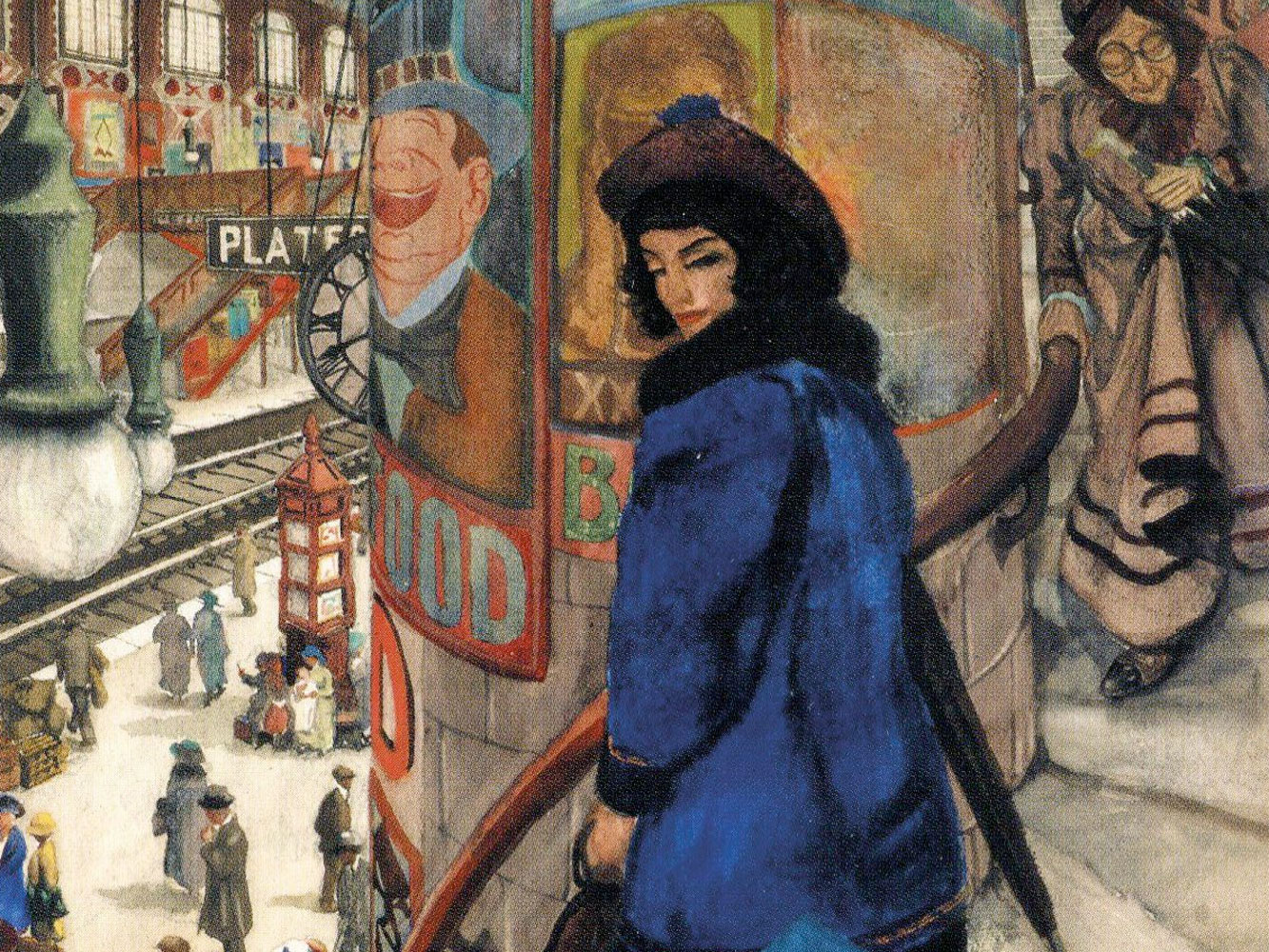
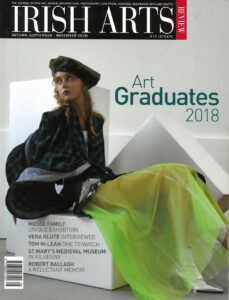
In post-Civil War Ireland, radical sentiment and modernist ideas found expression in societies, clubs, cabarets and periodicals. In 1923, Mainie Jellett showed a cubist work in the Society of Dublin Painters show to much controversy. In 1924, poet Francis (then Harry) Stuart and artist Cecil Salkeld started To-Morrow as a platform for modernist writers and artists. These initiatives were often short-lived and had overlapping membership.

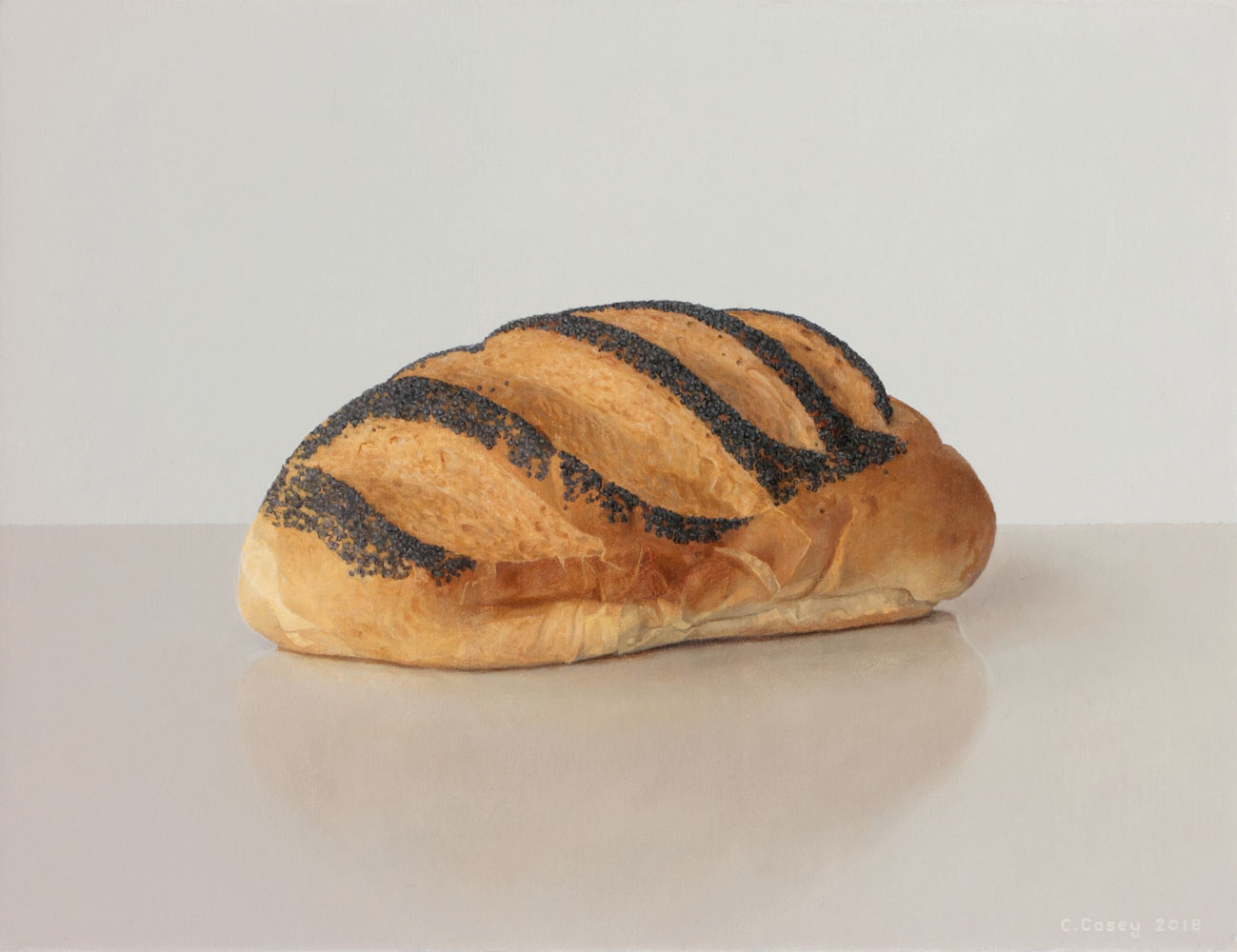
Comhghall Casey is a keeper of ordinary things made extraordinary through his art, writes Isabella Evangelisti ahead of his exhibition at Solomon Fine Art this autumn
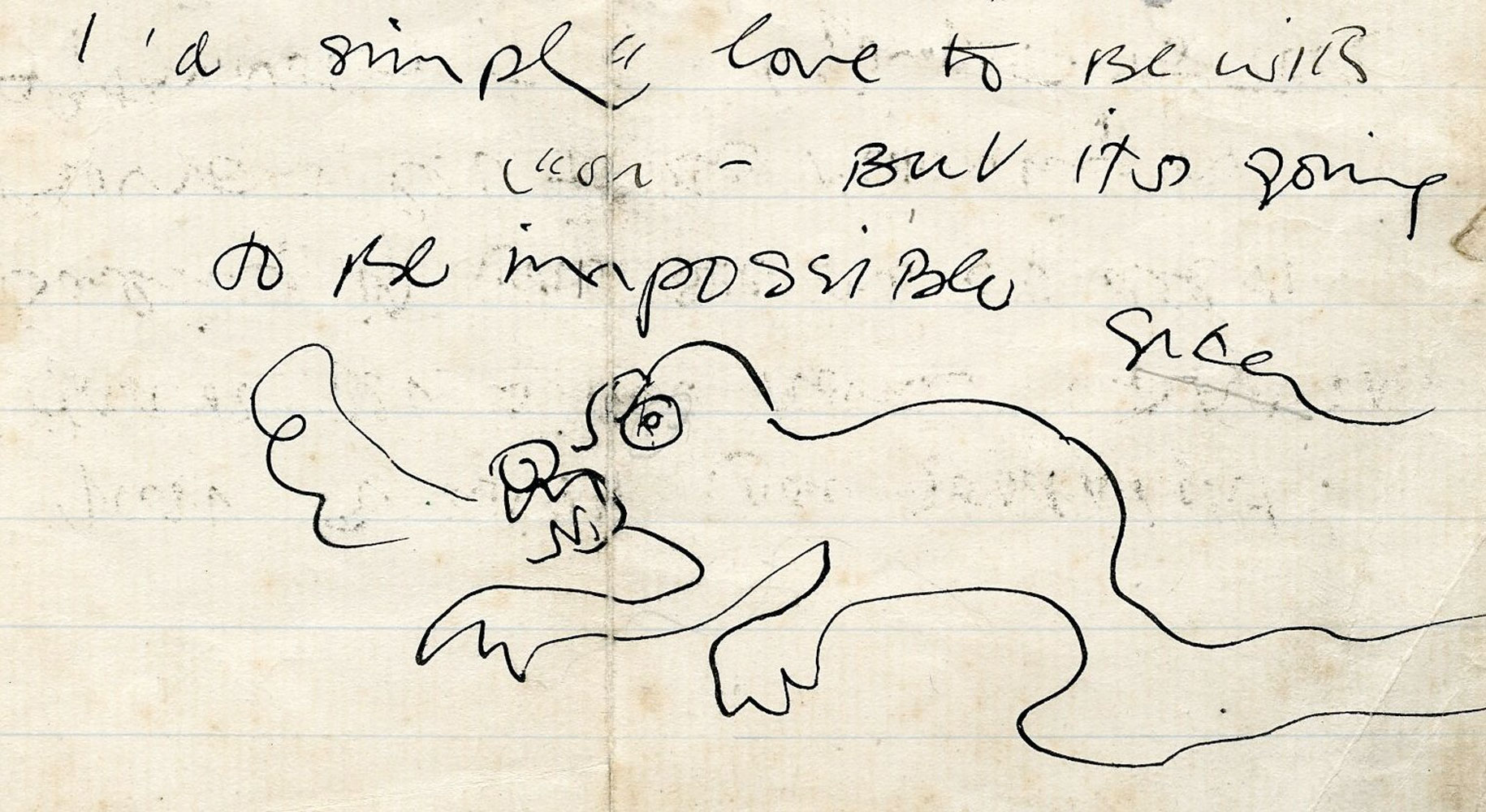
Christian Dupont reflects on the personal and political desires conveyed in two cartoons by Grace Gifford Plunkett
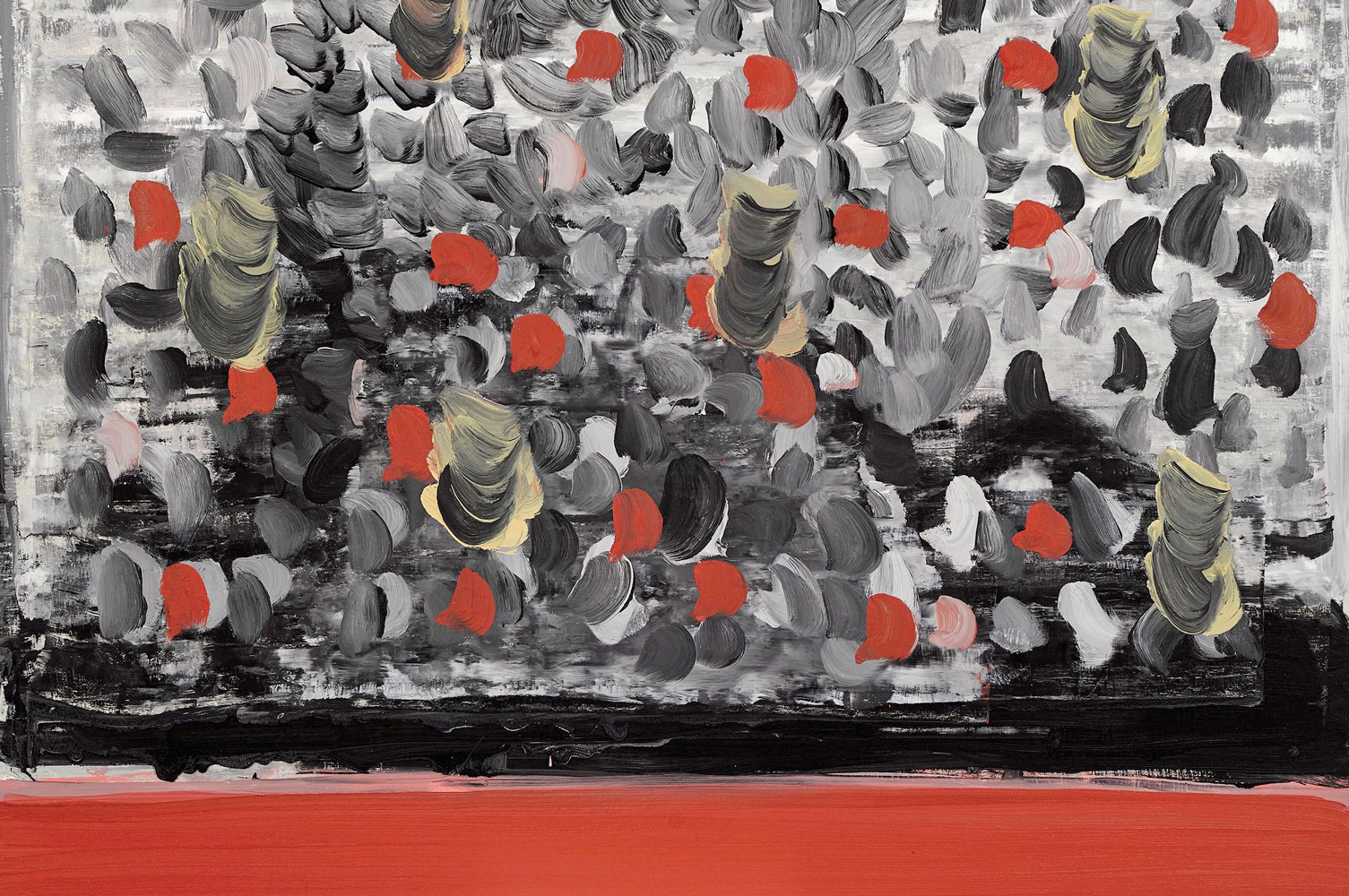
Recently elected ARHA Sinéad Ní Mhaonaigh is proof that the outward appearance of Academicians may change but the concern with discipline remains constant, Niamh NicGhabhann reports